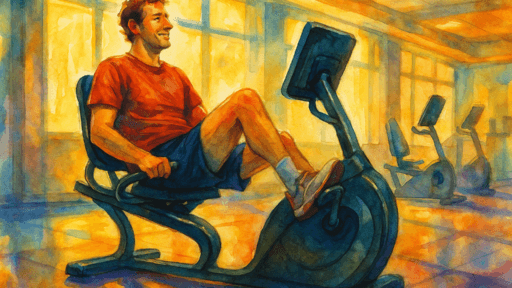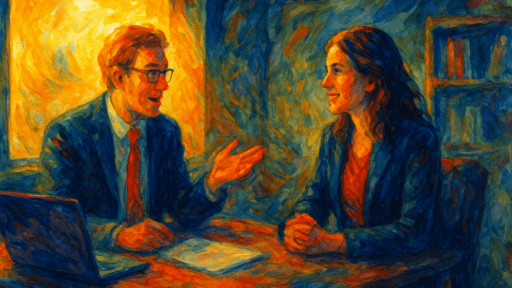“The time between not knowing and knowing is so brief that knowing feels exactly like not knowing.”
Pete Holmes on having Google on your phone
In my earlier days, I fancied myself as somewhat of a know-it-some. I never claimed omniscience—that’s too much responsibility—but I liked to have a decent grip on most things.
Being the person with the right answer or at least a confident “I think” response was a little addictive. Then, Google arrived, not like a friend who shows up with wine, but like the guy who’s heard of wine, read about it on Wine Enthusiast, and is now obligated to tell you everything about it whether you asked or not.
Before Google, there was this magical period—let’s call it The Wonder Zone—where you could sit with a question, toss it around like a beach ball at a concert, and never feel rushed to catch it. You’d debate, guess, hypothesize, and sometimes just shrug. And there was beauty in that shrug, a certain elegance to letting the unknown remain, well, unknown.
But now? That Wonder Zone has all but vanished, replaced by an instantaneous, sterile “Here’s the answer” moment. The time between not knowing and knowing is so fleeting that it’s like when you microwave a pizza—it’s hot, but you still feel cold inside.
I miss not knowing. Not in the sense that I want to go back to the days when I genuinely didn’t understand how a fax machine worked (and honestly, still don’t), but because there’s a freedom in wonder. There’s something joyful about leaning into a question and letting it marinate for a while. It’s the feeling you get staring up at the stars, content that you’ll never count them all, and thank goodness for that. Who wants to ruin stargazing with exact figures?
These days, I wonder if we’ve forgotten how to not know things. We’ve all become allergic to uncertainty. But isn’t it kind of nice to not have all the answers sometimes? Life, after all, isn’t a pop quiz where you score extra points for speed. Maybe the real prize is in the wondering. It’s in saying, “I don’t know” and sitting with that—letting it be okay.
Because here’s the thing: the moment you know, you lose something. Knowledge, for all its glory, kills wonder. It shuts down the conversation. It’s like ending a movie halfway through because you read the spoilers. Sure, now you know how it ends, but the journey—the guessing, the unexpected turns—that’s where the real fun is. It’s the wandering that makes the knowing worth it.
So, what if we could hold onto that sense of wonder just a little bit longer? What if, instead of immediately looking up the answer, we savored the uncertainty? Instead of reaching for our phones at the first sign of ignorance, we allowed ourselves to sit with the question, to live with the mystery. Not forever—just long enough to appreciate the space between “I don’t know” and “Oh, so that’s how it works.”
There’s an art to not knowing. It keeps us curious, open, and humble. And it makes life a little more interesting. We don’t need to rush to the answer, because life isn’t about having all the answers. It’s about the joy of wondering, the excitement of exploring, and the beauty of occasionally shrugging and saying, “Who knows?”
So next time you’re tempted to Google the answer, pause for a second. Let the question float in the air like a balloon, untethered. Enjoy the uncertainty. It’s a rare thing these days, and if we’re not careful, it might disappear altogether.





